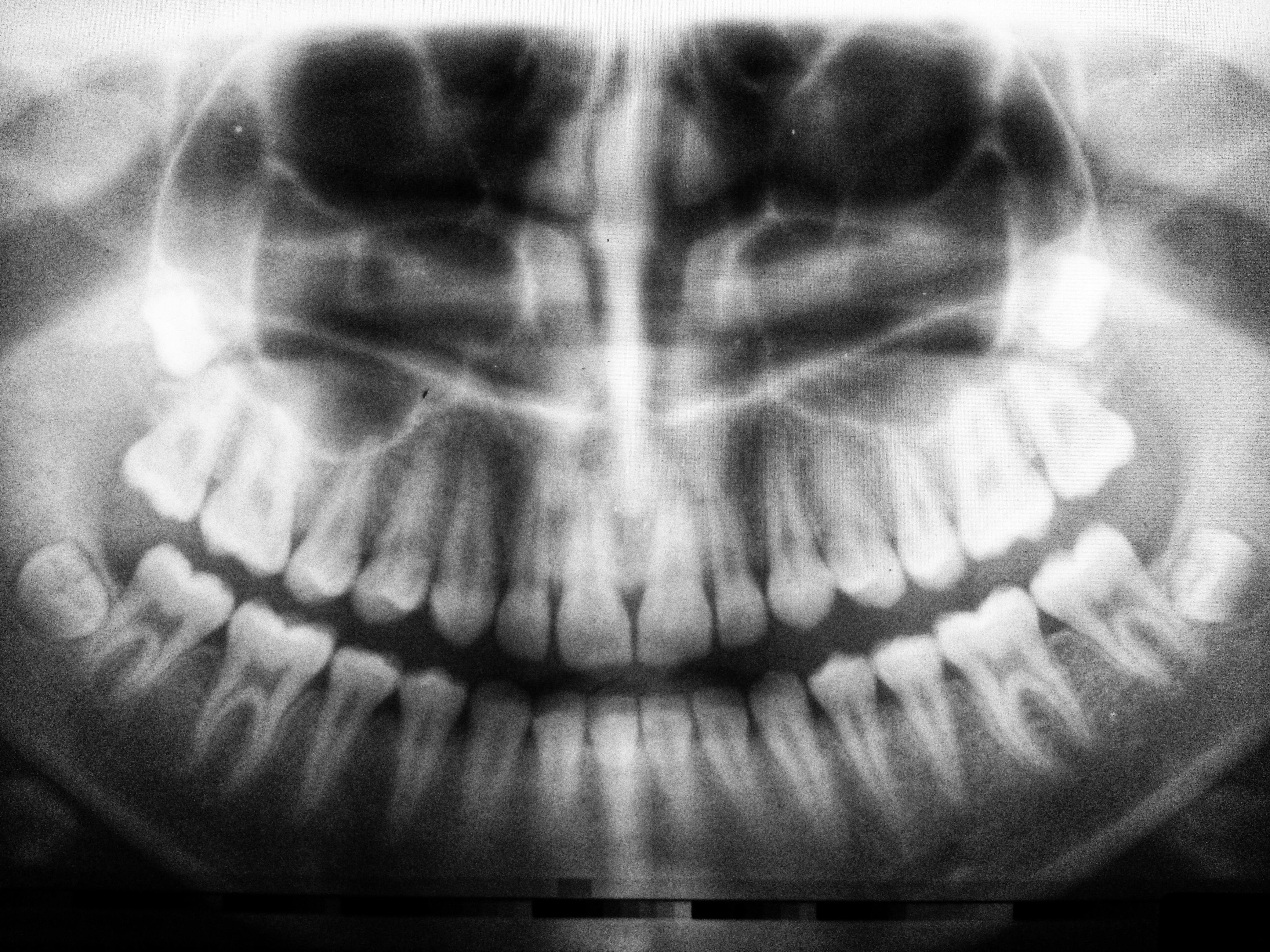Dental implants are a popular solution for tooth replacement. They offer a long-term fix for missing teeth, enhancing both appearance and functionality.
However, the cost of dental implants can be a significant investment. This often leads to questions about the financial aspects of this restorative care option.
In this article, we delve into the financial side of dental implants. We’ll explore the factors influencing the cost, the financing options available, and the long-term benefits.
Whether you’re considering the All on 4 dental implant procedure or individual implants, understanding the cost and benefits is crucial. It helps you make an informed decision about your oral health investment.
We aim to provide comprehensive information to help you navigate the financial landscape of dental implants. So, let’s dive in and demystify the cost of dental implants and the financing options available.
Understanding the Cost of Dental Implants
The cost of dental implants can vary widely. It’s influenced by several factors, making it difficult to provide a one-size-fits-all price.
Some may find the initial cost daunting. However, it’s important to view dental implants as an investment in your oral health and overall well-being.
Here are some key points to consider:
- The number of implants needed
- The geographic location
- The experience of the dentist or oral surgeon
Factors Influencing Dental Implant Costs
The number of implants you need directly impacts the cost. More implants mean a higher overall cost.
Geographic location also plays a role. Costs can be higher in urban areas with a higher cost of living.
Lastly, the dentist’s or oral surgeon’s experience can influence the cost. More experienced professionals may charge more for their expertise.
Comparing Dental Implant Costs: All on 4 vs. Individual Implants
When considering dental implants, you have options. The All on 4 dental implant procedure is one such option.
This procedure can be more cost-effective than individual implants for each missing tooth. However, it’s best to discuss all available options with a dental professional to make the best financial decision.
Financing Options for Dental Implants
While the cost of dental implants can be significant, there are financing options available. These options can make the procedure more accessible to many individuals.
Many dental offices offer payment plans. They may also partner with third-party financing companies.
Here are some options to consider:
- Dental insurance
- Payment plans
- Third-party financing
- Alternative financing solutions

Dental Insurance and Implants Coverage
Some dental insurance plans may cover a portion of the cost of dental implants. It’s important to check with your insurance provider to understand your coverage.
Keep in mind that insurance may not cover the full cost. You may still need to pay a portion out-of-pocket.
Payment Plans and Third-Party Financing
Many dental offices offer payment plans. These plans allow you to spread the cost of the procedure over several months or years.
Some dental offices also partner with third-party financing companies. These companies can provide loans or credit for medical procedures, including dental implants.
Alternative Financing Solutions
There are also alternative financing solutions to consider. Health savings accounts (HSAs) or flexible spending accounts (FSAs) can be used to pay for dental implants.
Some individuals may qualify for tax deductions based on medical expenses. This includes the cost of dental implants.
Lastly, some charitable organizations and grants may offer financial assistance for dental implants to those who qualify.
The Long-Term Benefits of Investing in Dental Implants
Dental implants are more than just a cosmetic fix. They offer numerous long-term benefits that can contribute to your overall oral health.
Implants can help preserve your jawbone and prevent bone loss. They also prevent shifting of remaining teeth and deterioration of facial structure.
Moreover, the materials used in dental implants, such as titanium, are biocompatible and designed to last. This makes dental implants a one-time cost, unlike dentures or bridges that may need to be replaced.
Dental Implants: Cost vs. Value Over Time
While the initial cost of dental implants may seem high, it’s important to consider their value over time. Dental implants are a long-term investment in your health and well-being.
The longevity and durability of the implants can offset the initial cost. Plus, they can reduce the need for future dental work, leading to cost savings in the long run.
In addition, the return on investment for dental implants includes improved oral health, functionality, and confidence. This can greatly enhance your quality of life.
Preparing for Your Dental Implant Investment
Before you decide to invest in dental implants, it’s crucial to do your homework. Start by discussing all available options with a dental professional.
Some dental practices offer a free initial consultation to discuss dental implant needs and costs. This can help you understand the full scope of the procedure and the associated costs.
It’s also important to inquire about all potential additional costs, such as bone grafting or sinus lifts, if necessary. This will help you avoid any unexpected expenses down the line.
Questions to Ask Your Dental Professional
When you meet with your dental professional, don’t hesitate to ask questions. You should inquire about the technology and techniques used by the dental practice for implant procedures.
Ask about the process of getting dental implants, from consultation to the final placement and aftercare. Understanding this process can help you prepare both mentally and financially.
Lastly, don’t forget to ask about the warranty or guarantee offered by the dental practice. This is important for your future peace of mind.
Conclusion: Making an Informed Decision on Dental Implants
Dental implants are a significant investment in your oral health. They offer numerous benefits over other tooth replacement options. However, understanding the financial side of dental implants is crucial.
The cost of dental implants can vary widely. It’s influenced by several factors, including the number of implants, geographic location, and the dentist’s experience. Therefore, comparing quotes from different dental providers can help ensure you get the best value for your investment.
Remember, the initial cost of dental implants may be offset by their longevity and durability. They can improve your quality of life by enhancing your appearance, comfort, and ability to eat a variety of foods.
Next Steps: Scheduling a Consultation and Further Research
If you’re considering dental implants, the next step is to schedule a consultation with a dental professional. This will allow you to discuss your needs, understand the costs involved, and explore financing options.
It’s also beneficial to do further research on your own. Read testimonials or case studies of individuals who have successfully financed their dental implants. This can provide valuable insights and help you make an informed decision.
Finally, remember that investing in dental implants is not just a financial decision. It’s an investment in your health, confidence, and overall quality of life.

